Tragic & Unexpected Fatality Follows Premature Acute Stroke Discharge. 🚨 The tragic death of Milton Smith, a 39-year-old social worker and father from Croydon, highlights a critical clinical vulnerability in the transition from acute stroke units to community-based recovery.
After sustaining an initial stroke on New Year's Eve, Mr Smith underwent extensive diagnostic testing during a two-week admission, yet he was subsequently discharged despite clinicians being unable to identify the definitive aetiology of the event. But just weeks after returning to his family, he suffered a catastrophic brain haemorrhage and was declared brain-dead on 10 February, necessitating the withdrawal of life support.
This case underscores the profound risks associated with post-discharge complications and the urgent requirement for rigorous, long-term monitoring of younger survivors who may present as physically stable. The emotional and financial devastation faced by his wife and three young children has prompted a community-led fundraiser to support them during this period of unimaginable grief. ARNI Stroke Rehab UK says that it's absolutely imperative that our healthcare pathways somehow evolve to ensure that 'weeks of courage and determination' are not undermined by sudden, unpredicted physiological decline following hospital release. 🕊️
www.arni.uk.com 🌐
#ARNIStrokeRehab #StrokeAwarenessUK #CroydonNews #StrokeSurvivorSupport #SecondaryPreventio
... See MoreSee Less
An update on the reported here from a month ago when protests were taking place: Hywel Dda University Health Board has has just formalised plans to consolidate specialist stroke units from four sites down to a single 24/7 hyper-acute facility at Glangwili Hospital in Carmarthen. But no one thinks it'll actually happen anytime soon...
This controversial reconfiguration involves downgrading existing units at Bronglais, Withybush and Prince Philip hospitals to a 'treat and transfer' model, although Bronglais will uniquely retain a dedicated on-site rehabilitation service. While health chiefs argue this centralisation is essential to meet national clinical standards and address chronic staffing fragilities, some survivors have condemned the move as an irresponsible risk to patient safety in rural Mid Wales.
The board maintains that the changes, which also affect eight other services including critical care and emergency surgery, are designed for long-term sustainability rather than mere cost-cutting. This systemic shift mirrors broader trends in the UK, where evidence suggests that concentrating specialist expertise can improve outcomes, provided that ambulance availability and transfer protocols are robustly managed.
For survivors navigating these changing pathways, the emphasis remains on high-quality rehabilitation and adaptive recovery strategies, such as those integrated into the ARNI Stroke Rehab UK framework 🧠. As implementation is not immediate (obviously not!!), the community is encouraged to remain engaged with the board’s ongoing business planning and clinical assessments to ensure that 'care closer to home' is not entirely sacrificed for regional efficiency 🏥.
www.arni.uk.com 🌐
#ARNIStrokeRehab #StrokeServiceChanges #HywelDdaHealth #StrokeRecoveryUK #NeuroRehabilitation
... See MoreSee Less
ARNI Instructors are full time professional personal trainers and therapists carefully selected by the ARNI Institute. Some have degrees in neurorehabilitation. All have a wide degree of experience working with diverse populations. They have all gone through the ARNI Institute Functional Rehabilitation & Exercise Training After Stroke Course and regularly keep up their professional development training with ARNI, which are run for all trainers 6 times per year. They now must charge for their services to cover their costs. However, this way, you will have dedicated professional trainer come and train you in your house or you may decide to travel to their area.
To find out if there's a trainer near you call us on 0203 053 0111 or email support@arni.uk.com
#stroke #strokesurvivors #neuroplasticity #strokerecovery
www.arni.uk.com
... See MoreSee Less
The main reason that stretching is good for you as a stroke survivor is that it will release tight muscles temporarily, which will make a difference to your exercise form.
It also provides very real feedback for you about the way your stroke has caused your affected side to become tighter and less flexible, so that you begin to understand why you can’t, yet, do certain things.
www.arni.uk.com
#stroke #strokesurvivors #neuroplasticity #strokerecovery #strokerehabilitation #strokestretching
... See MoreSee Less
Remember that compensatory strategies helpful; but eventually get in the way of recovery. To work past the need for compensation techniques, you need to constantly question your methods — preferably on a daily, or weekly, basis.
Each morning, or each Monday, ask yourself, “What am I doing differently than before, and where do I feel ready to challenge myself?”
Never give up compensatory strategies that are necessary for your safety. And when you’re on your own, start small. For example, if you noticed that you lean your torso forward when you reach for something, see if you can sit back and extend your arm to get it.
And if you can’t do it today, try again next week. This is how you can prevent yourself from getting stuck in a rut and keep progressing.
www.arni.uk.com
#strokerecoveryexercises #neuroplasticity #strokerecovery #strokesurvivorscan #strokeexercise #strokerehabilitation #strokerehab #neurorehab #neurorehabilitation #exerciseafterstroke
... See MoreSee Less
You too can get your awesome ARNI Exclusive Training T-shirt - they're lovely quality and perfect to do your rehab training in... they come in S,M,L and XL ;)
www.strokesolutions.co.uk/product/arni-training-exclusive-t-shirt/
... See MoreSee Less
New Sheffield Clinic Targets Younger Stroke Patient Needs! 📢 The pioneering collaboration between Sheffield Teaching Hospitals NHS Foundation Trust and the University of Sheffield has established a bespoke clinical pathway specifically for survivors under the age of 65 who have sustained mild strokes.
By utilising a university facility, this initiative provides a relaxed, non-hospital environment where specialist clinicians can address the unique socioeconomic and psychological challenges faced by this cohort, such as vocational reintegration and the management of familial responsibilities. This shift in delivery acknowledges that of course, while younger patients often possess higher physical function, they frequently experience profound anxiety and isolation following rapid hospital discharge 🧠.
We think this one-stop shop model integrates expertise from stroke nurses, dieticians, and exercise specialists, providing a reasonable framework for secondary prevention and lifestyle optimisation. The emphasis on empowering survivors to navigate their return to work and physical activities, such as racketball or running, reflects the core philosophies of community-based retraining championed by ARNI Stroke Rehab UK.
By involving families in these reviews, the clinic ensures that the transition from acute patient to active citizen is supported by specialist advice on diet, exercise, and psychological resilience, effectively bridging the gap between medical diagnosis and meaningful social flourishing 🏥.
www.arni.uk.com 🌐
#ARNIstrokerehab #youngstrokesurvivor #strokerecoveryuk #nhscollaboration
... See MoreSee Less
It is important to try to stretch your calf muscles before you do any squats, simply so that you can get a slightly greater target range of motion. The calf muscle (gastrocnemius) is the large muscle located on the back of the leg, below the knee. If the calf muscle on your affected side has really high tone and has already shortened a little bit, this stretch will work well for you. It aims to keep your ankle at 90 degrees as much and as long as possible.
From The Successful Stroke Survivor book by Tom Balchin
#stroke #strokesurvivors #neuroplasticity #strokerecoveryexercises #strokeexercise #strokerecovery #strokerehabilitation #neurorehab #strokerehab #strokecalfmuscles
www.arni.uk.com
If you like this post then please share it with others. Each time that you share a post, you can directly help other people – as who knows which people in the world might find us and gain, either directly from the charity or simply by being able to copy an ‘innovative and useful’ move/trick of the trade that might help them manage after stroke.
Every time you share, you could directly help someone – as knowledge is power ;)
... See MoreSee Less
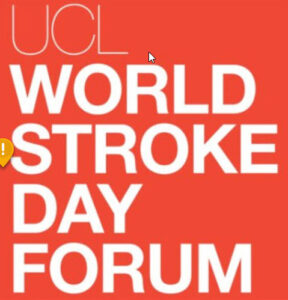 The UCL World Stroke Day Forum is back!
The UCL World Stroke Day Forum is back! 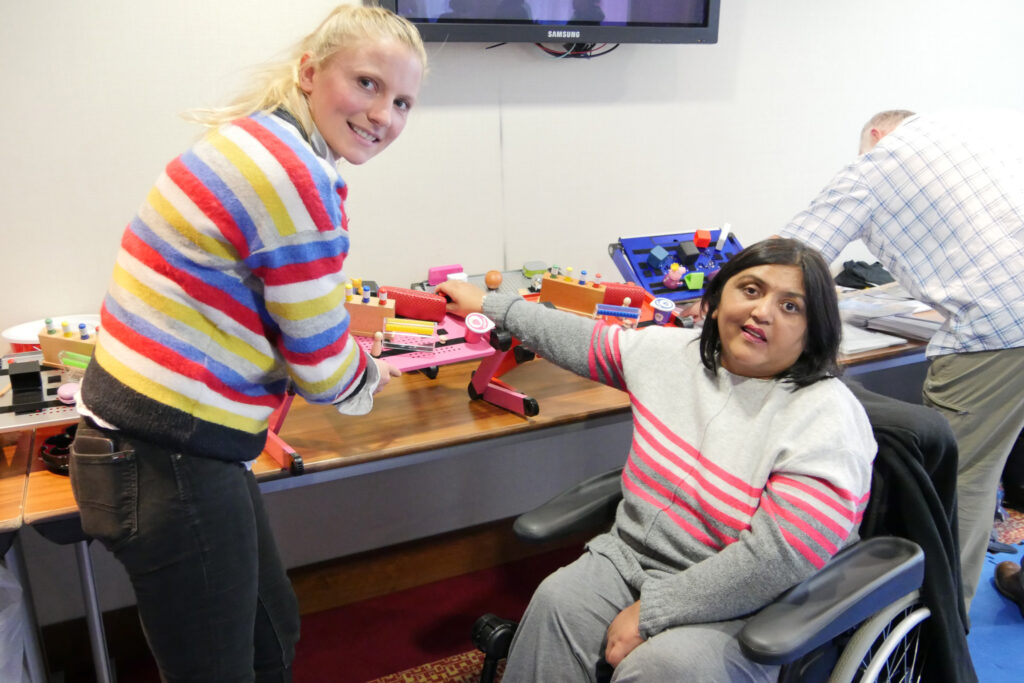 To help you with this and many other features of tackling limitations from stroke, you are invited to take part in a week-long programme of online sessions.
To help you with this and many other features of tackling limitations from stroke, you are invited to take part in a week-long programme of online sessions. 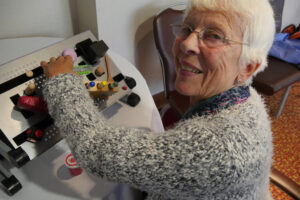 Each survivor has their own particular presentation and we’re going to see what we can do so that everyone receives helpful tips for progression
Each survivor has their own particular presentation and we’re going to see what we can do so that everyone receives helpful tips for progression

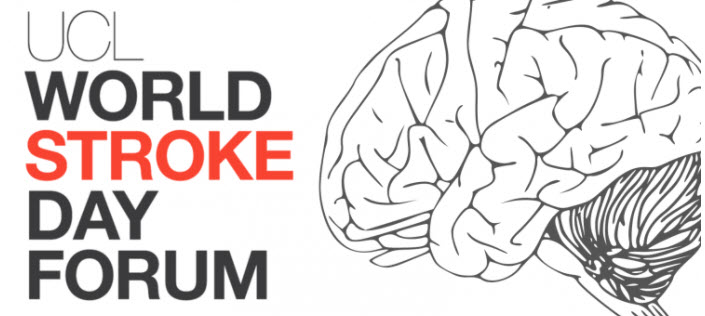
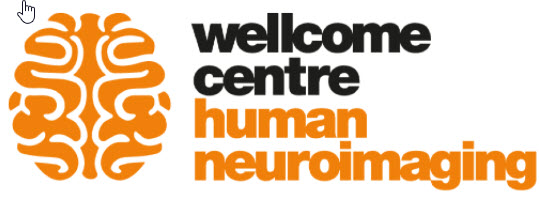

One Comment
hi Tom, i hope you are well, and i would very much like to join you for this session and any others with similar contact, i am a firm believer in the arni system, and throughly enjoy and nave benefited from my sessions with you at lingfield, and also with my arni instructor Megan on her visits to my home, kind regards
Malcolm hill